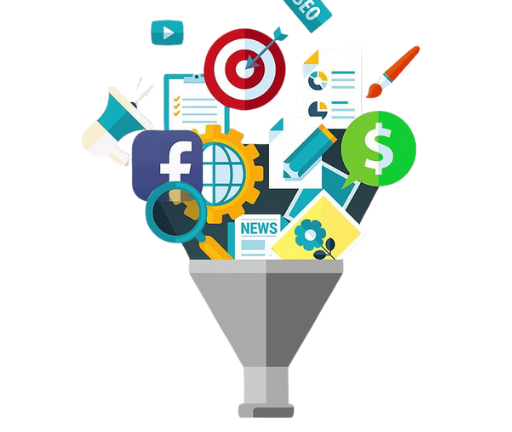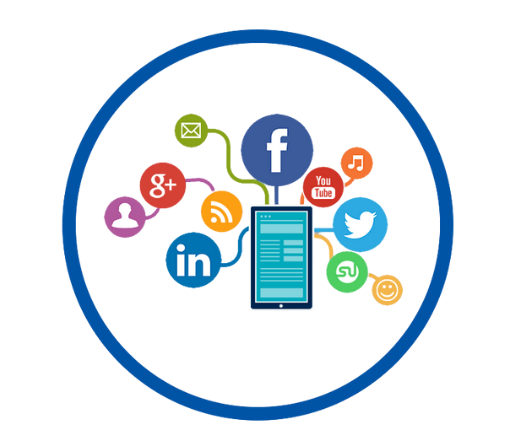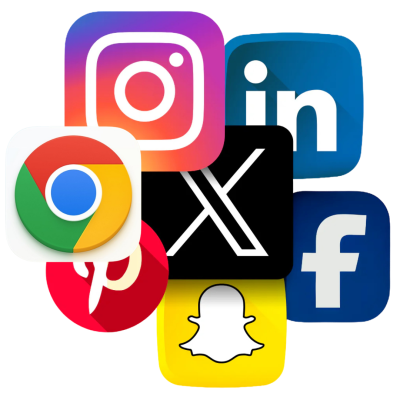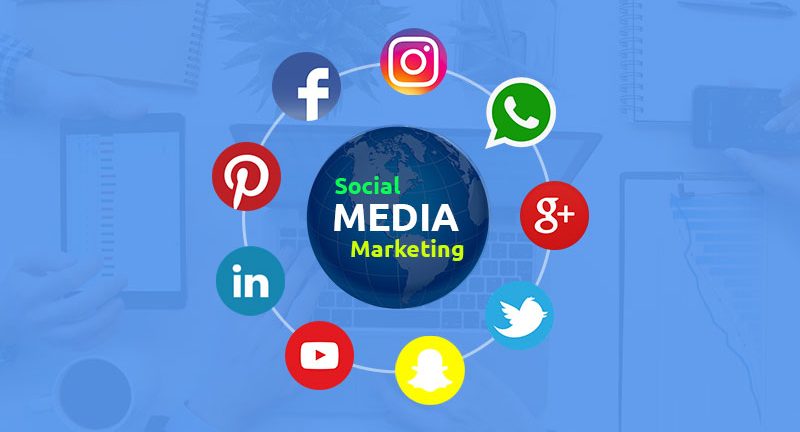Digital Marketing Services to Boost Your Financial Institution
Customer expectations have dramatically shifted towards digital convenience, personalized services, and trustworthiness. Banks now face significant challenges in attracting new customers, including building trust in a digital era and engaging younger demographics. The need for differentiation has become crucial in an industry with many similar offerings. To address these challenges, you must implement innovative marketing strategies for banks that resonate with modern consumers. And we’re here to help you. In this short guide, we’ll explore seven actionable marketing strategies for banks to grow their customer base and stay competitive in the digital age. 1. Personalize Services Through Data Analytics Personalization is imperative for attracting and retaining customers. To this end, you should use advanced data analytics to segment your audience and deliver tailored solutions that meet their needs. For instance, you could offer savings plans customized to income levels or recommend credit cards based on spending habits, creating meaningful engagement. Segmenting customers into categories such as first-time homebuyers, small business owners, or retirees allows you to craft offers that resonate with their specific goals. Personalization builds trust and strengthens loyalty while increasing the likelihood of conversions. It’s hands down one of the most essential components of effective marketing strategies for banks. 2. Target Audiences With Digital Advertising and Social Media Digital advertising and social media platforms like Facebook, Instagram, and LinkedIn offer banks powerful tools to target specific demographics effectively. These platforms allow you to create campaigns tailored to customer segments based on age, location, or financial needs. Retargeting ads are especially valuable for re-engaging potential customers who visited your website but didn’t convert. For example, a bank could use retargeting ads to promote mortgage options to users who browsed home loan pages. 3. Build Relationships With Email Marketing Email marketing remains one of the most cost-effective tools for acquiring new customers and nurturing existing ones. You get 4400% ROI, which means for every $1 spent, you get back a staggering $44. You can easily drive engagement and conversions when you segment tailored campaigns by audience types, such as young professionals or retirees. Examples of email content you could use include exclusive offers like fee waivers or higher interest rates on savings accounts and educational resources such as “Steps to Improve Your Credit Score.” 4. Attract Customers With Incentives and Referral Programs Using incentives like cash bonuses for opening accounts or cashback rewards for using specific services can help attract new customers quickly. Referral programs are even better and amplify this effect by encouraging existing customers to recommend your bank to friends or family members. For example, you could offer both the referrer and the referred customer a $50 reward upon account activation, which creates mutual benefits while reinforcing trust through peer recommendations. Research shows that referral programs generate higher conversion rates compared to traditional advertising methods, making them indispensable in marketing strategies for banks. 5. Engage Audiences Through Educational Content Educational content positions your bank as an authority in financial literacy while simultaneously addressing common customer pain points. Blogs, webinars, videos, and social media posts that simplify complex topics always resonate with audiences seeking guidance on their financial journey. Popular topics for banks include “How to Save for Your First Home,” “Understanding Credit Scores,” or “The Benefits of Automating Your Savings.” When crafting content, make sure you optimize it for SEO so it reaches users searching for these topics through organic traffic. SEO is a game changer and a key tactic in effective marketing strategies for banks because you won’t necessarily have to pay for ads. 6. Enhance Online and Mobile Banking Experiences A seamless digital experience is essential for attracting tech-savvy customers who prioritize convenience above all else. Features such as: Digital account opening is particularly important for Millennials and Gen Z. Research shows that over 40% of these groups prioritize the ability to open accounts online when choosing a financial institution. Additionally, integrating tools like budgeting calculators or financial wellness trackers into your app can set you apart from competitors while aligning with modern marketing strategies for banks. 7. Build Trust Through Community Engagement Community engagement establishes trust with potential customers while strengthening relationships with local audiences. Consider things like sponsoring events, partnering with schools for financial literacy programs, or supporting community charities, as these are excellent ways to connect with people on a personal level. Measuring the Success of Your Efforts Tracking key performance indicators (KPIs) provides actionable insights into the effectiveness of your marketing strategies. Metrics such as new accounts opened, customer acquisition costs (CAC), and engagement rates on digital platforms are essential for evaluating success. For example, monitoring CAC helps you optimize spending. High engagement rates on mobile apps or websites indicate strong customer satisfaction and loyalty. Leverage tools like Google Analytics to track website traffic and conversions, HubSpot CRM for customer interaction data, and Tableau for visualizing trends. Analyzing these metrics ensures you make data-driven decisions that improve outcomes and drive growth. Let’s Talk About Growing Your Bank’s Customer Base Partner with a trusted marketing agency for expert guidance in developing impactful marketing strategies for banks. Professional support ensures your efforts are strategic, cohesive, and effective in driving growth. Contact us today to elevate your marketing approach and achieve long-term success Get More Info: Digital Marketing Services for Bank & Financial Institues Got questions? Your Digital Growth Partner is just a WhatsApp away! Connect with a DigitalMediaBooster consultant for personalized support at +92 313-325 8907.







